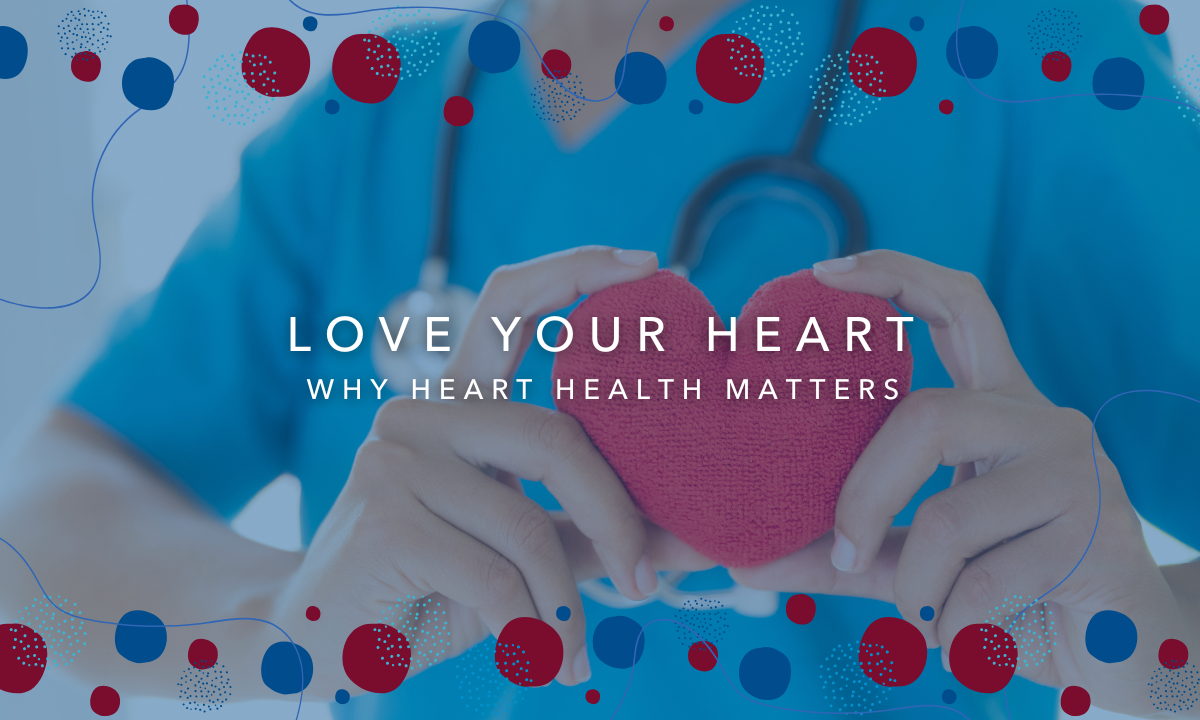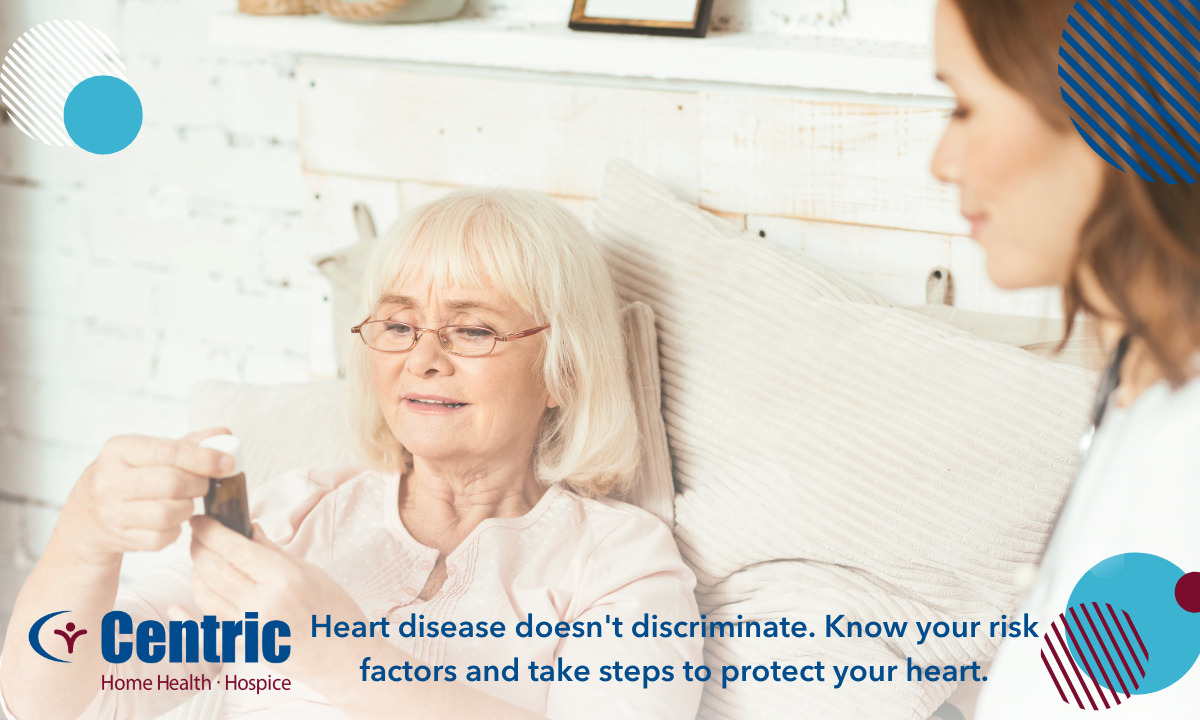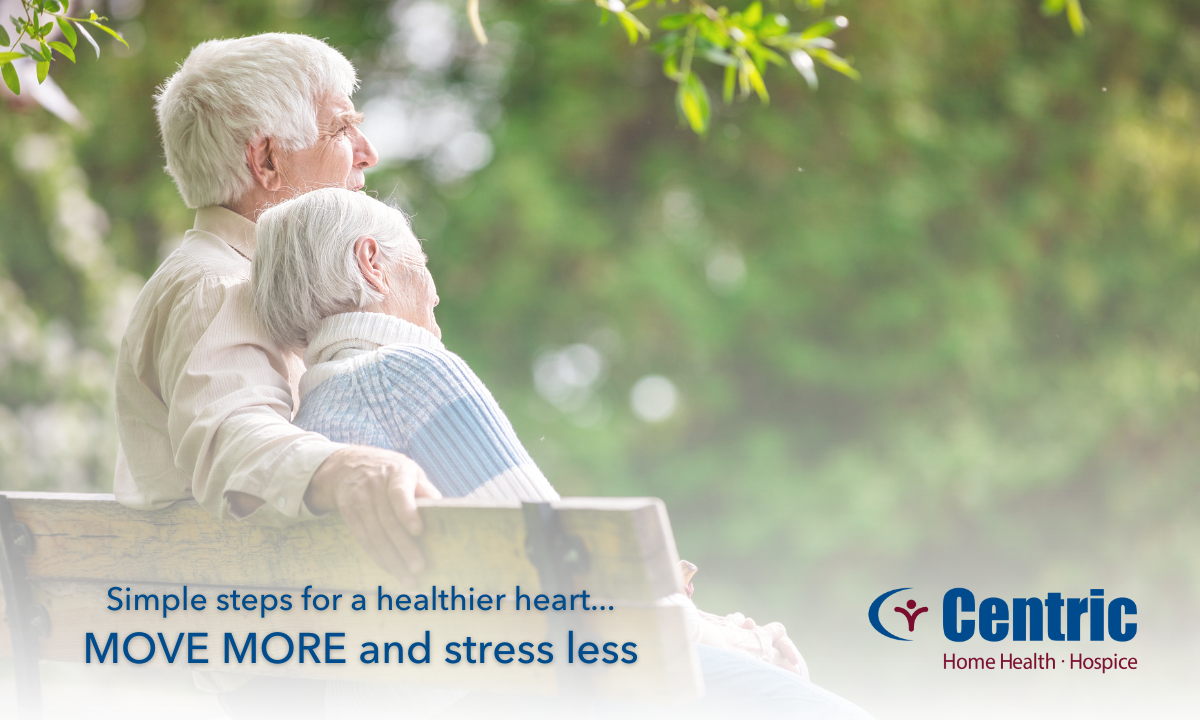Love Your Heart
Heart Health For Women And Why it Matters More in 2025
Okay, let's talk heart health. Not just because February is American Heart Month, but because as women, we need to be extra vigilant about this. We often put everyone else first – our families, our careers, our to-do lists – and our own health can sometimes fall to the wayside. But let's be honest, we can't pour from an empty cup. We need to prioritize our own well-being, and that starts with understanding and taking care of our hearts.

Heart Disease in Women
You know that feeling? You're juggling work, kids, maybe even caring for aging parents, and suddenly you're hit with this nagging feeling that something's not quite right. Maybe it's that unexplained fatigue, a tightness in your chest, or those pesky hot flashes that just won't quit.
Well, guess what? It's time to listen to your body. Heart disease is the leading cause of death for women in the United States, causing one in every five deaths each year, and it often presents differently in women than in men. So, let's ditch the "I'm fine" mentality and dive deeper into what's really going on.
Busting the Myths
For years, we've been led to believe that heart disease is a "man's problem," often picturing a stereotypical image of a stressed-out businessman clutching his chest. But the reality is far from it. Heart disease can affect women of all ages, and it often presents with unique symptoms that can easily be overlooked. Instead of the classic "elephant on the chest" pain we often associate with heart attacks, women may experience unusual fatigue, even after rest, shortness of breath even during light exertion, jaw pain or discomfort, nausea or vomiting, and even lightheadedness or dizziness.
These subtle symptoms can often be dismissed as stress, anxiety, or simply "getting older." But it's crucial to pay attention to your body and not ignore these warning signs.

Risk Factors We Can't Control
Several factors can increase your risk of heart disease, some of which are beyond your control. These include age, as the risk generally increases with age. Family History also plays a significant role, as having a parent, sibling, or other close relative with heart disease increases your own risk. Additionally, certain genetic conditions, such as high cholesterol or diabetes, can predispose individuals to heart disease.
Risk Factors We CAN Control:
While some risk factors are beyond our control, many are modifiable through lifestyle changes. High Blood Pressure, often referred to as the "silent killer," can damage blood vessels over time without causing noticeable symptoms. Regular checkups are essential to monitor your blood pressure and manage it effectively through medication and lifestyle changes. High levels of LDL ("bad") Cholesterol contribute significantly to the development of plaque buildup in arteries, increasing the risk of heart attacks and strokes.
Smoking is a major risk factor for heart disease, significantly increasing the risk of heart attack and stroke. Quitting smoking is one of the most impactful steps you can take to protect your heart health. Diabetes also damages blood vessels, increasing the risk of heart disease complications. Maintaining a healthy weight is crucial, as obesity puts extra strain on the heart.
Regular physical activity is essential for heart health. Aim for at least 30 minutes of moderate-intensity exercise most days of the week. A heart-healthy diet rich in fruits, vegetables, whole grains, and lean protein is crucial. Limiting processed foods, saturated fat, and sodium intake is vital. Finally, chronic stress can take a toll on your heart health. Incorporating stress-reducing techniques like yoga, meditation, or deep breathing exercises into your daily routine can significantly benefit your cardiovascular health.

What Can You Do?
Taking charge of your heart health involves proactive steps and open communication with your doctor. Regular checkups are essential to know your numbers: monitor your blood pressure, cholesterol, and blood sugar levels. Making positive lifestyle changes can significantly impact your heart health. This includes adopting a heart-healthy diet rich in fruits, vegetables, whole grains, and lean protein, while getting regular exercise—aim for at least 30 minutes of moderate-intensity exercise most days of the week. If you smoke, quitting is one of the best things you can do for your heart. Managing stress through techniques like yoga, meditation, or deep breathing is also crucial. Finally, talk to your doctor. Discuss your family history, any risk factors, and any concerns you have about your heart health. Be open and honest about any symptoms you may be experiencing.
February is the perfect time to make a commitment to your heart health. Schedule a check-up with your doctor, talk to your family about your heart health concerns, and make small, sustainable changes to your lifestyle. You deserve to live a long and healthy life.

At Centric Home Health and Hospice, we understand the importance of heart health. We offer a range of services to support your overall well-being.
Skilled Nursing Care
Our registered nurses can help you manage chronic conditions and monitor your health.
Rehabilitation Services
Physical and occupational therapy can help you improve your strength, balance, and overall cardiovascular health.
Education and Support
Our team can provide you with valuable information and support to help you make healthy lifestyle choices.
Ready to take the first step towards a healthier heart?
Contact Centric Home Health and Hospice today to learn more about our services and how we can support your journey to a healthier you.
Disclaimer: This blog post is for informational purposes only and should not be considered medical advice. Always consult with a qualified healthcare professional for any health concerns you may have.
Share This On Your Favorite App